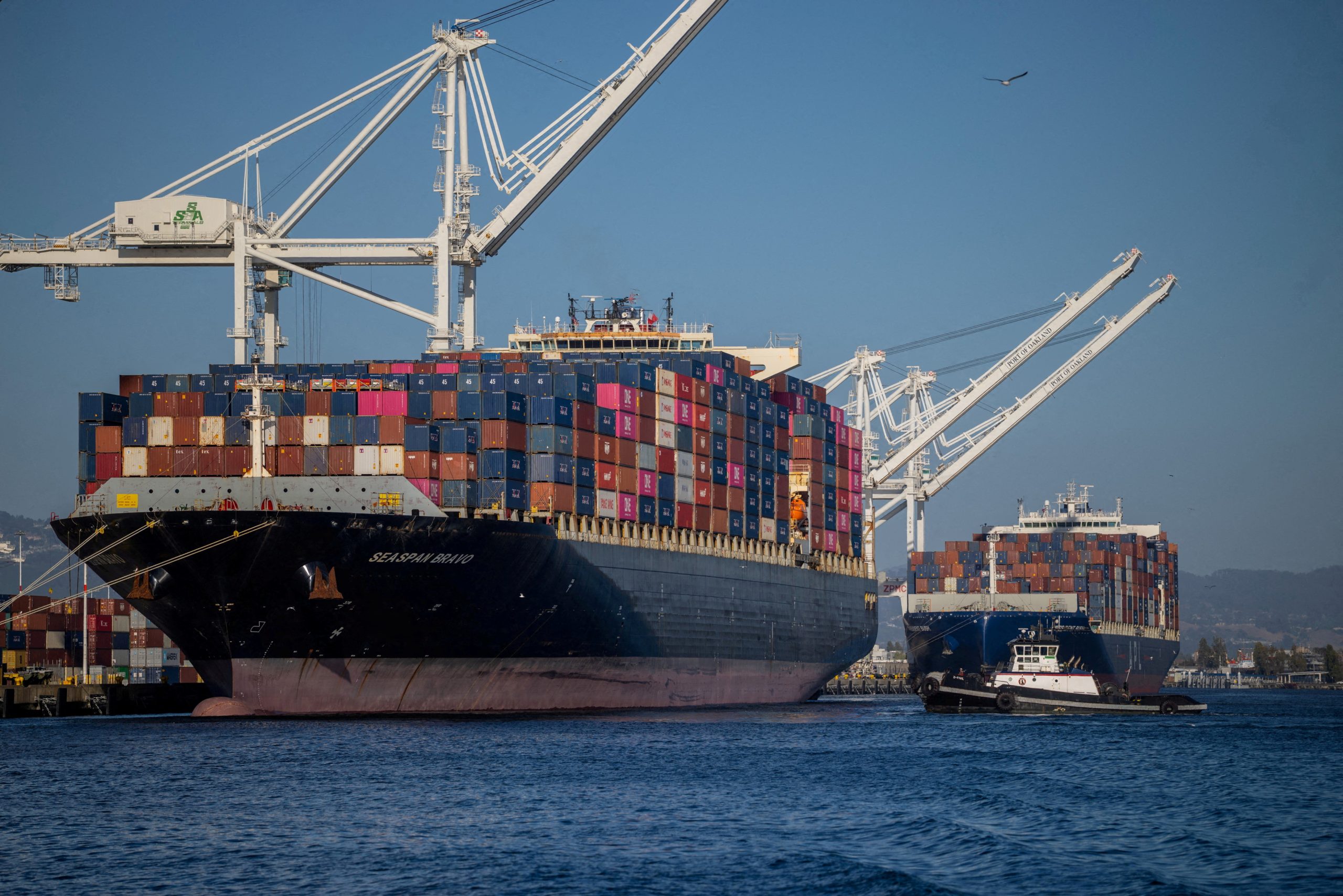U.S. THREATENS VISA BANS OVER UN SHIPPING EMISSIONS PUSH

Hardball diplomacy collides with climate policy at the IMO
The United States has warned it could impose visa restrictions, sanctions and even deny port access to ships from countries that support a new International Maritime Organization (IMO) framework to cut emissions from global shipping. The maritime sector moves close to 80% of world trade and produces roughly 3% of greenhouse gases, making it a high-impact target for climate rules. Washington’s argument: the IMO plan risks creating a de facto global tax without domestic approval, burdening energy supply chains and consumers. Backers counter that only a coordinated regime can prevent a patchwork of national measures and give shipowners confidence to invest in cleaner fuels and propulsion.
The standoff throws carriers, commodity houses and energy majors into uncertainty over fuel choices and timelines. Proposals on the table include lifecycle-based carbon pricing, fuel-standard mandates, and revenue recycling to fund zero-emission corridors and developing-country transitions. Large container lines broadly favor predictable rules; many tanker operators warn of higher costs and trade friction. U.S. officials say they will use diplomatic and economic tools to deter adoption, signaling how climate governance has become a front in broader geopolitical contests.
What it means for cargo, costs and climate
A tough U.S. stance could slow consensus at the IMO just as the sector weighs methanol- and ammonia-ready newbuilds, shore-power retrofits, and digital route optimization. Without clarity, owners may defer orders or hedge with dual-fuel designs, locking in transitional emissions. Traders fear uneven compliance could reroute cargoes and raise freight rates. Yet momentum for decarbonization is unlikely to vanish: major ports are piloting green bunkering, engine makers are testing ethanol and hydrogen blends, and financiers increasingly price climate risk into lending. The next months will reveal whether states compromise on a phased approach—lighter fees early, revenue for R&D and developing nations, and tighter standards later—or split into rival blocs. Either way, shipping sits at the intersection of climate ambition and hard-nosed statecraft.




















